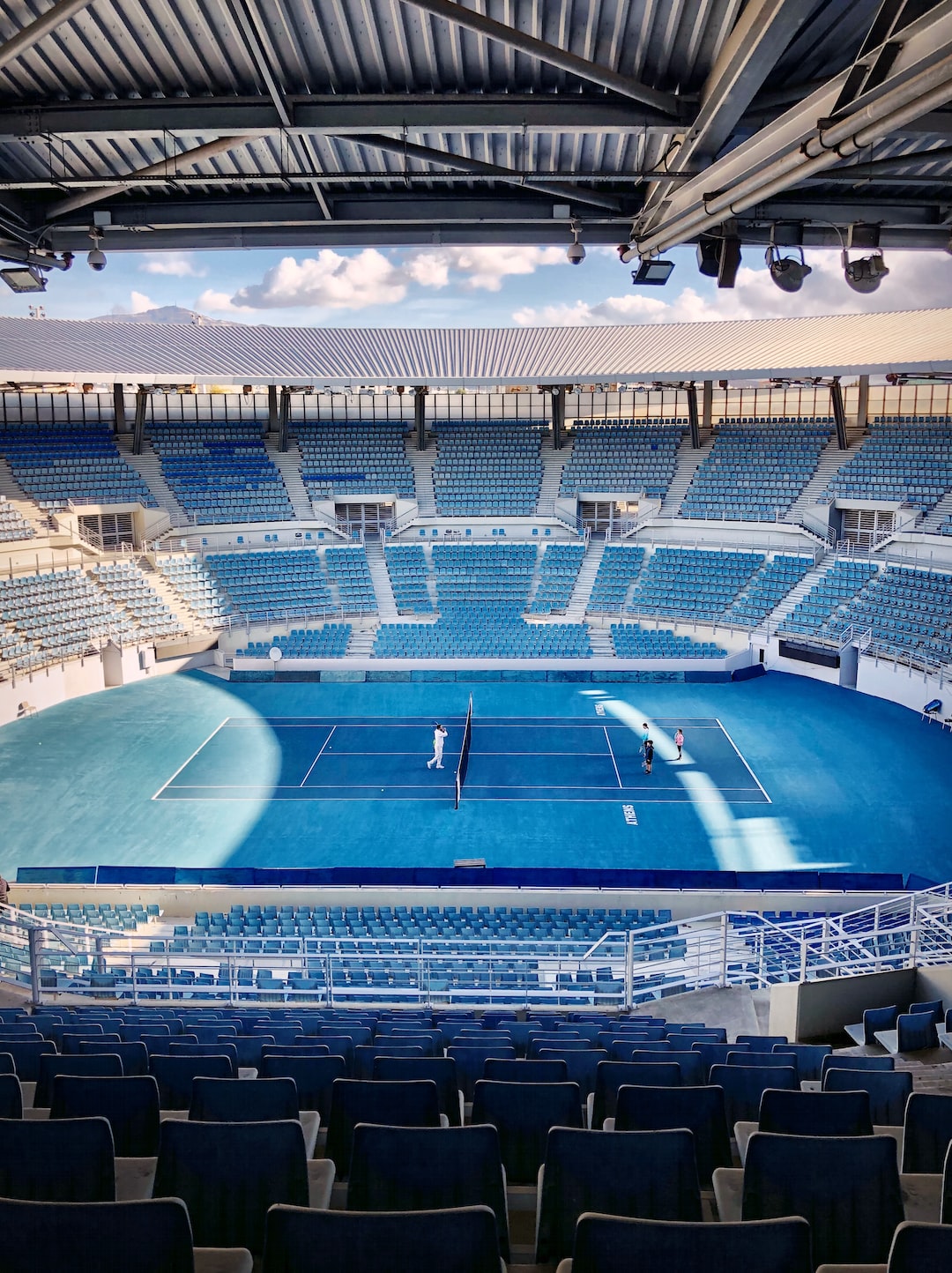Every four years, the world gathers to witness the greatest sporting event of all time – the Olympic Games. Athletes from every corner of the globe come together to compete in a display of strength, skill, and determination. But have you ever wondered how the Olympics began and how they have evolved over time? In this blog post, we will explore the rich history and evolution of the Olympic Games.
The origins of the Olympic Games can be traced back to ancient Greece in 776 BC. These ancient Games were held in Olympia, a small town in the Peloponnese region of Greece. The first recorded event was a simple foot race, but over time, more sports were added, including discus throwing, long jump, and chariot racing. These ancient Games were not just about competition; they were deeply connected to Greek mythology and religion. Participants believed that their performance in the Games would please the gods.
For almost 1200 years, the Games continued in ancient Greece, attracting athletes from various regions. However, it was in 394 AD that the Roman Emperor Theodosius I banned the Olympics, deeming them pagan and unchristian. For centuries, the Olympic Games remained a part of history, almost forgotten.
It wasn’t until the late 19th century that the idea of reviving the Olympic Games gained traction. The man behind this revival was Pierre de Coubertin, a French educator and historian. Inspired by the ancient Greek Games, Coubertin believed that the Olympics could promote international understanding and peace. He formed the International Olympic Committee (IOC) in 1894, with the aim of organizing the modern Olympic Games.
The first modern Olympic Games were held in Athens, Greece, in 1896. Athletes from 14 countries participated, competing in nine sports. The Games were a resounding success, with over 200 athletes showcasing their talents. Since then, the Olympics have become a global phenomenon, capturing the hearts and imaginations of people worldwide.
Over the years, the Olympic Games have evolved tremendously. The number of sports has increased, and new disciplines have been added. From the original nine sports in 1896, the Games now comprise 33 sports, including traditional athletics, swimming, gymnastics, and newer additions such as snowboarding and beach volleyball. This expansion has allowed athletes from diverse backgrounds to participate and showcase their skills.
In addition to sporting improvements, the Olympics have also become a symbol of unity and camaraderie. The famous Olympic motto, “Citius, Altius, Fortius” (Faster, Higher, Stronger), reflects the spirit of the Games. Athletes strive for excellence, pushing themselves to break records and achieve greatness. The Olympics have also provided a platform for nations to put aside their differences and come together in peaceful competition.
Throughout its history, the Olympic Games have faced challenges and setbacks. There were disruptions due to World Wars and political disputes, which led to the cancellation and boycotts of some Games. However, the spirit of the Olympics persevered, and the Games continued to inspire and bring people together.
In recent years, the Olympics have undergone significant changes to adapt to the modern world. The addition of new sports, like skateboarding and sport climbing, aims to attract younger audiences and make the Games more inclusive. The introduction of the Paralympic Games in 1960 has provided an opportunity for athletes with disabilities to compete at the highest level.
Today, the Olympic Games have reached incredible heights. They are not just about sports; they are a celebration of human achievement, diversity, and friendship. The Games have become a global spectacle, watched by billions of people around the world. They have also become an economic powerhouse, with host cities investing billions of dollars in infrastructure and facilities.
As we look forward to the future of the Olympic Games, it is important to remember and appreciate their history and evolution. The Olympics have come a long way since their ancient origins in Greece. They have adapted to the changing times, embraced new sports and technologies, and continued to inspire athletes and spectators alike.
Whether it is the stunning opening ceremonies, the record-breaking performances, or the stories of triumph and resilience, the Olympic Games will always hold a special place in our hearts. They are a reminder of what humans can achieve when they come together, united in the pursuit of excellence.
In conclusion, the Olympic Games are a testament to our shared humanity and the power of sports to bring people together. From their ancient origins in Greece to the modern global phenomenon they have become today, the Olympics have captured our imaginations and inspired millions. As we celebrate the achievements of athletes, let us also appreciate the rich history and remarkable evolution of the Olympic Games.
